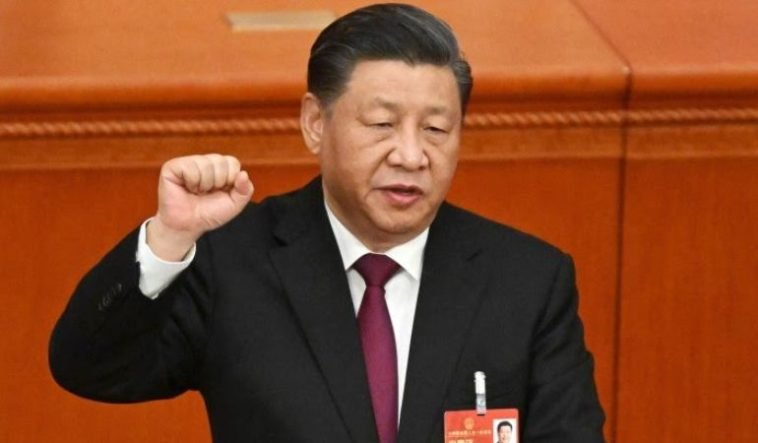Xi Jinping, the leader of China, has been granted a third term as president by the country’s rubber-stamp parliament. This development comes as no surprise as Mr. Xi had already consolidated his power over the years, making him one of the most dominant leaders in China’s modern history. Although the role of the president in the Chinese system of governance is largely ceremonial, Mr. Xi’s power stems from his position as General Secretary of the Communist Party and Chairman of the Central Military Commission.
The confirmation of Mr. Xi’s third term as president was widely expected, and the focus has now shifted to the appointment of a new premier and various ministers, all of whom are expected to be Xi Jinping loyalists. This includes Li Qiang, who is tipped to serve as Mr. Xi’s number two.
Since the Mao Zedong era, Chinese leaders have been limited to two terms in office. However, Mr. Xi had this restriction changed in 2018, giving him a reach not seen since Chairman Mao. This move solidified his rule as China reopened from his bruising zero-Covid policy that sparked anti-government protests.
The Two Sessions of the National People’s Congress and the Chinese People’s Political Consultative Conference (CPPCC), which are taking place this week, are being closely watched as they provide a glimpse into China’s direction in the coming years.
The third term of Mr. Xi’s presidency is significant in terms of China’s political landscape. It is expected to further cement his power and enable him to continue his ambitious plans for the country’s economic and military development. In recent years, Mr. Xi has emphasized the importance of “national rejuvenation,” which has seen China invest heavily in infrastructure, technology, and defense.
In terms of international relations, Mr. Xi’s third term is likely to be marked by continued efforts to increase China’s global influence. This could mean a more assertive foreign policy, especially in the Asia-Pacific region. It could also mean increased investment in projects such as the Belt and Road Initiative, which aims to connect China with other parts of Asia, Europe, and Africa through infrastructure development.
However, Mr. Xi’s third term is also likely to face challenges. China’s economy is facing headwinds, and the country’s demographic shifts could present significant hurdles in the coming years. Additionally, the ongoing tensions with the United States and other countries could further complicate China’s foreign policy ambitions.
Mr. Xi’s third term as president marks a significant moment in China’s political history. While it is expected to further cement his power and enable him to continue his ambitious plans for the country’s economic and military development, it is also likely to face challenges. As China continues to grow and assert its influence on the global stage, the world will be closely watching the direction it takes under Mr. Xi’s leadership.


